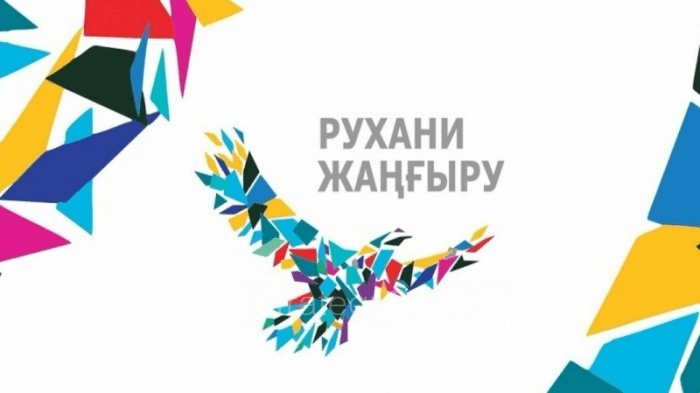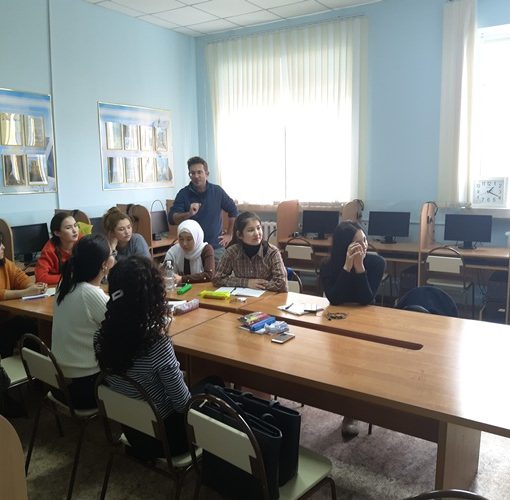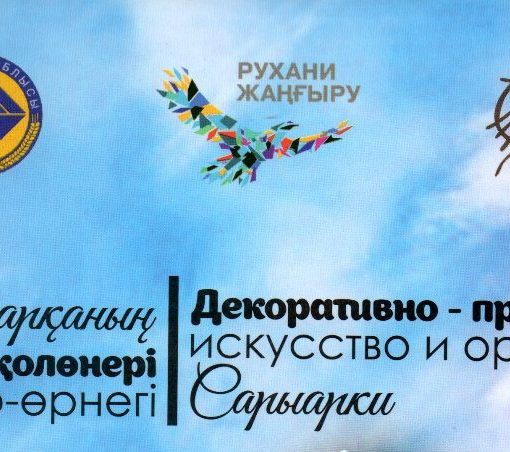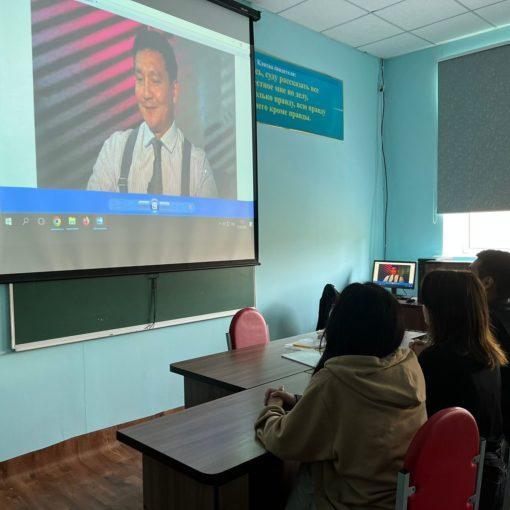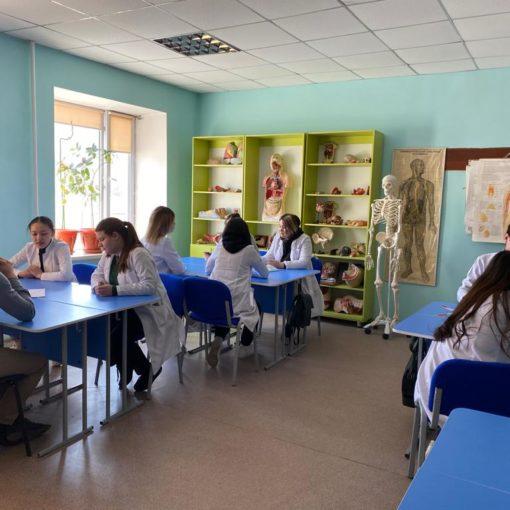On September 20, 2021 SIC “Rukhaniyat together with the senior teacher of department of the general educational disciplines Kosmanova A.B. among students of all educational programs of Academy “Bolashaq” have lead discussion of the manual of the scientist-humanitarian of our epoch Svetlana Vladimirovna Lurie (1961-2021) “Historical ethnology”. The first edition came out in 1997.
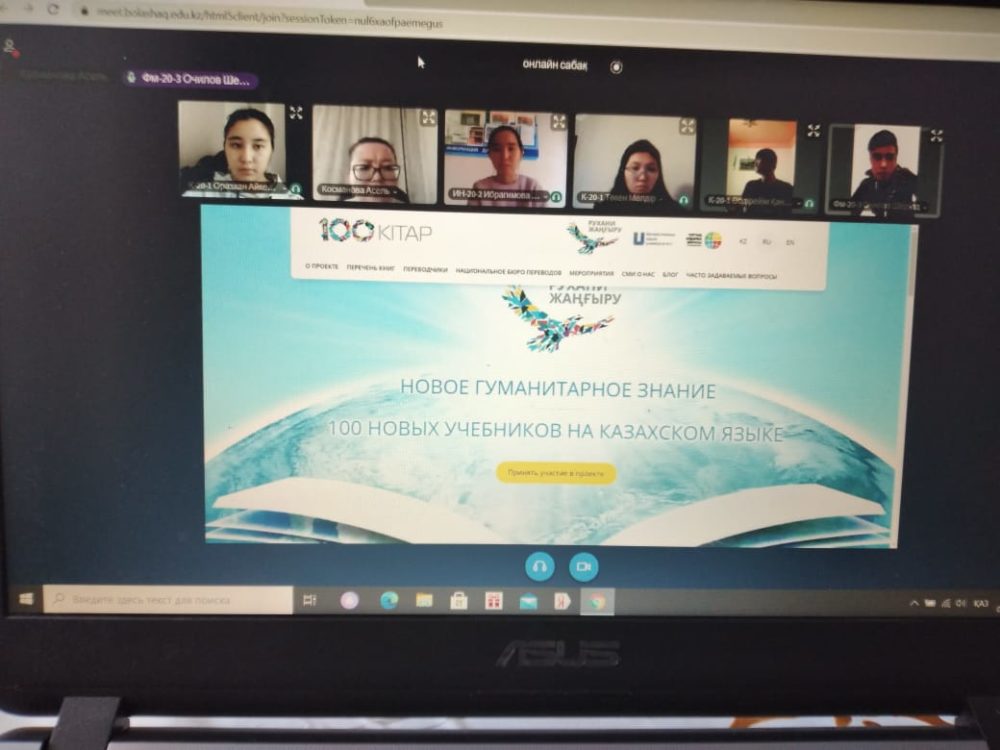
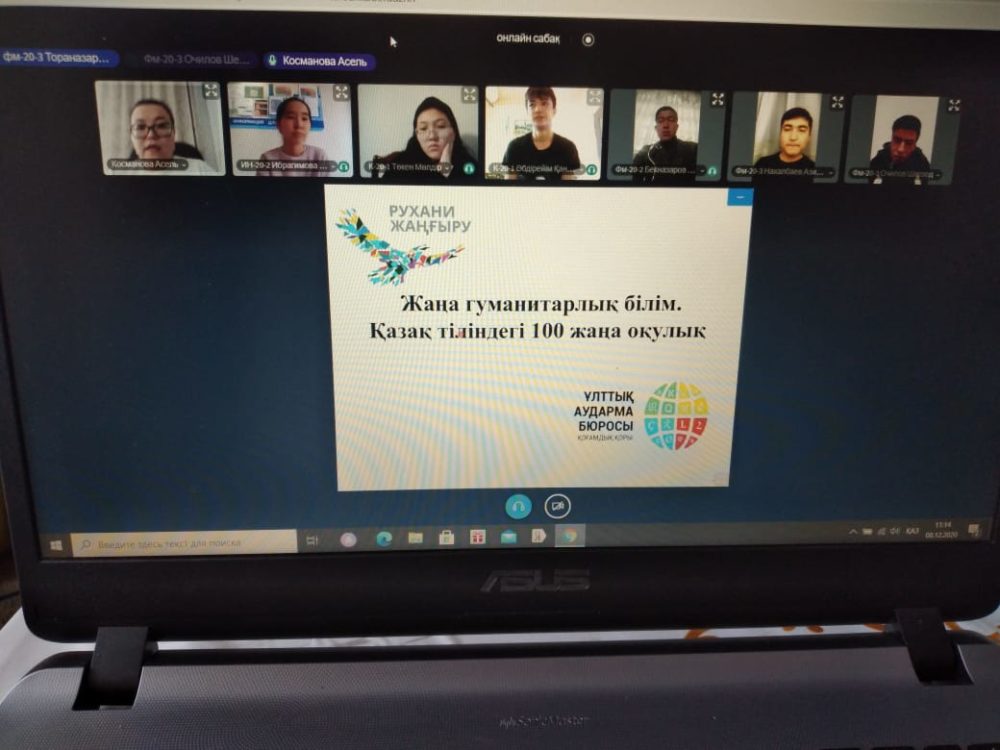
Objectives of the lecture hall:To create conditions for students to receive education in the humanities in the state language according to the best world standards
Objectives:1. To contribute to the enhancement of students’ professional skills and knowledge in the humanities disciplines.
- To organize constant work of students with electronic resources:
- https://ruh.kz
- https://100kitap.kz
- https://openedu.ru/ to take free courses
- the “Library” section of the Academy website “Bolashaq” to systematize and update knowledge.
- To develop the reading culture of the individual in the modern information environment.

At the lecture was considered a range of the following issues:
- Mechanisms of functioning of ethnic groups;
- Processes of self-organization and adaptation of ethnic groups to the changing natural and socio-cultural environment;
- The specifics of the application of ethnological approaches in historical research.
In the course of the discussion, the lecture participants were introduced to current concepts developed in culturology, traditional studies, sociology, political science, and conflict studies with a detailed review of the main ethnological concepts.
Lurie’s understanding of traditional consciousness is extremely important. Traditional does not equal archaic. Traditional consciousness is that consciousness, which at the “pre-discussion” level preserves the ethnic picture of the world and makes this world cognizable for the ethnos. Without traditional consciousness, without a set of unconscious schemes and attitudes, the world is simply not cognizable. If the ethnic tradition is destroyed, the ethnos simply ceases to understand what is happening to it, new information is not assimilated and does not clarify the situation.
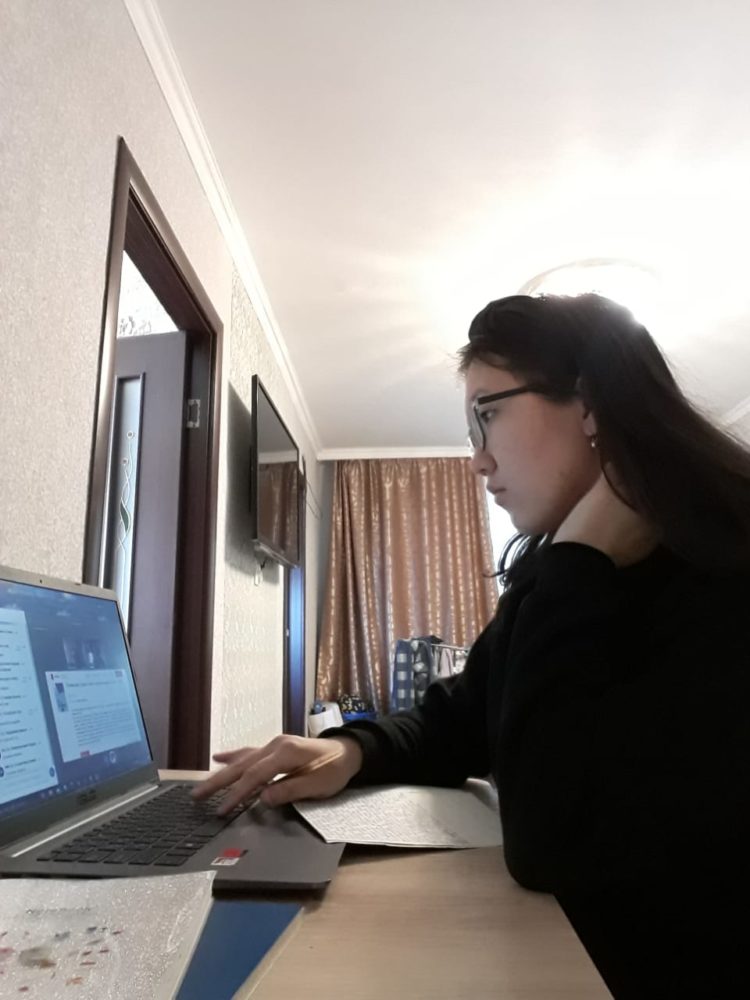
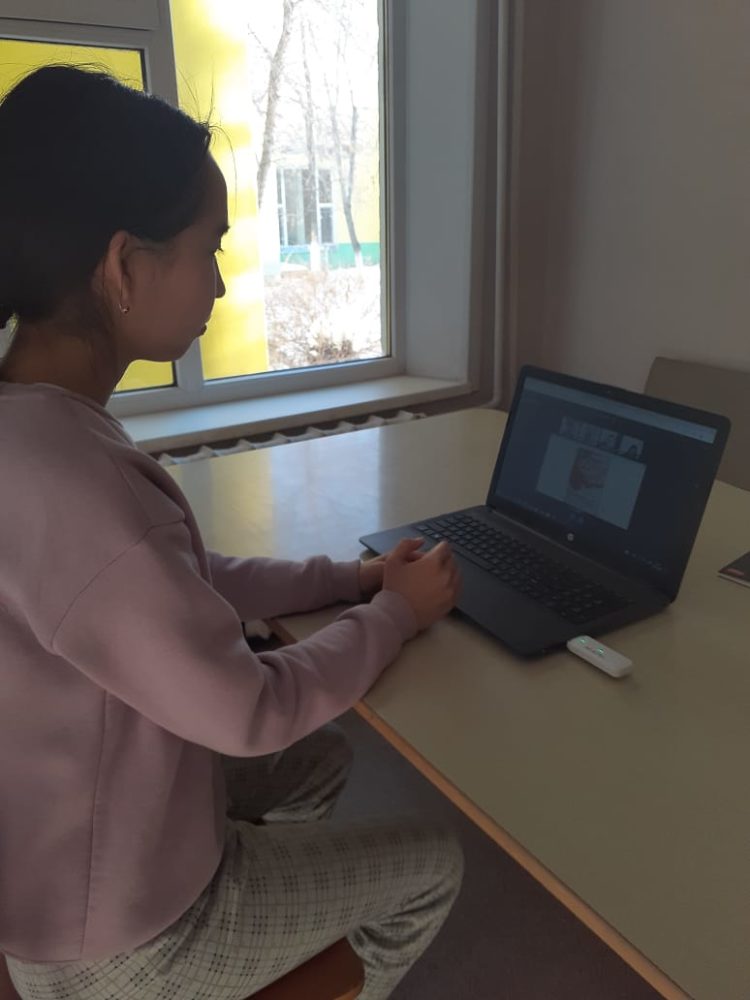
Knowledge of concepts developed in cultural studies, traditional studies, sociology, political science, and conflict studies is necessary for understanding modern ethnology.
With an outline of the development of ethnology during the twentieth century up to the second half of 90-ies – Lurie S.V. “Historical Ethnology” Publishing house: “Academic Project; Gaudeamus, 2004. – 624 с. ISBN: 5-98426-002-6 (Gaudeamus); ISBN: 5-8291-0352-4 (Academic Project). You may read and take the course at: https://openu.kz/ru/book/tarihi-etnologiya.


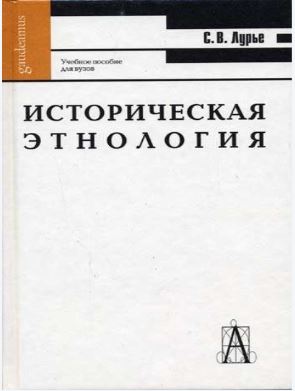
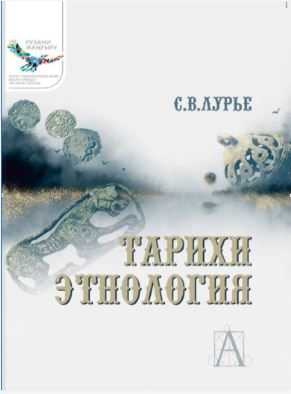
Director of SIC “Rukhaniyat” Aupenova A.U.
Associate Professor Kosmanova A.B.

